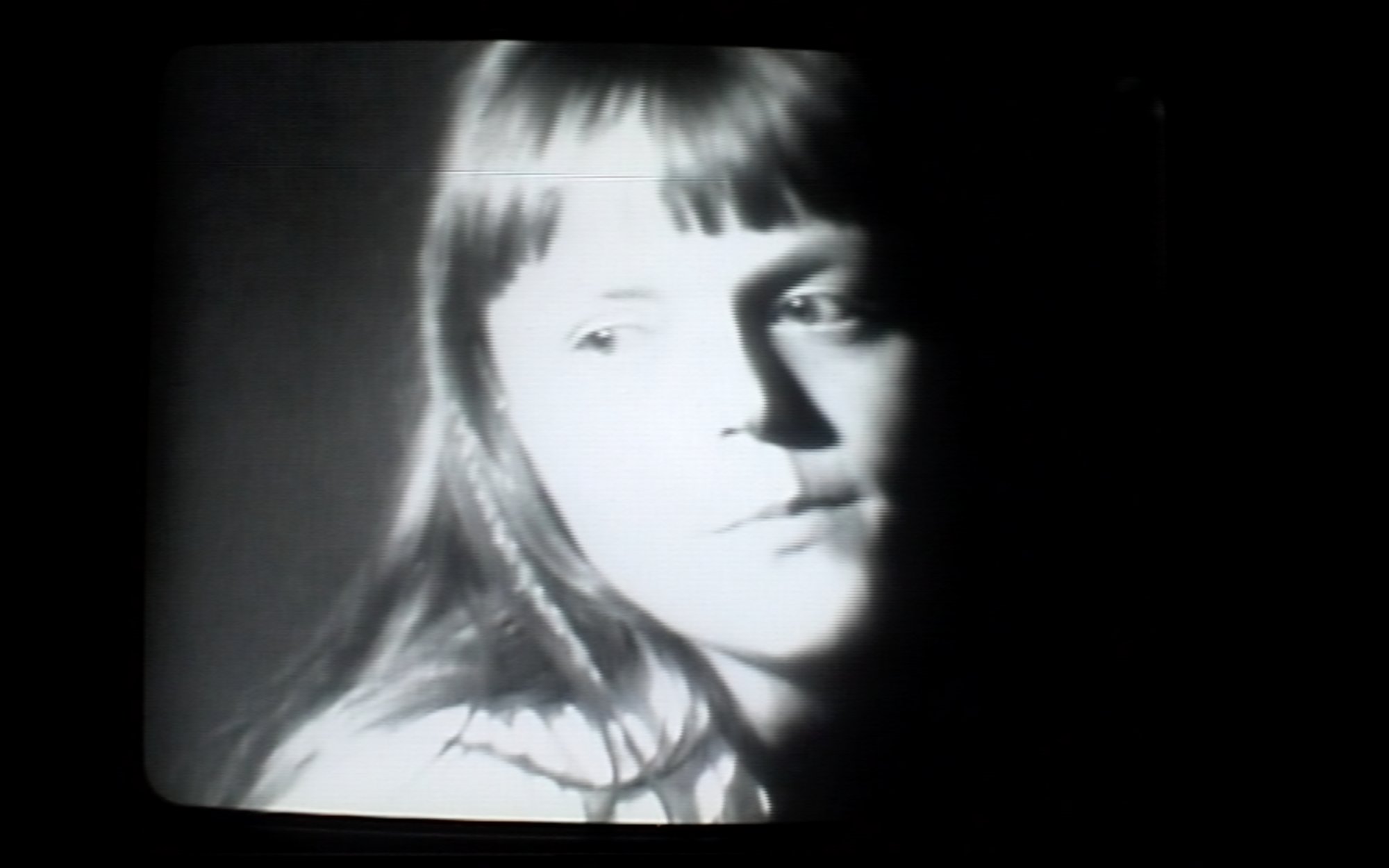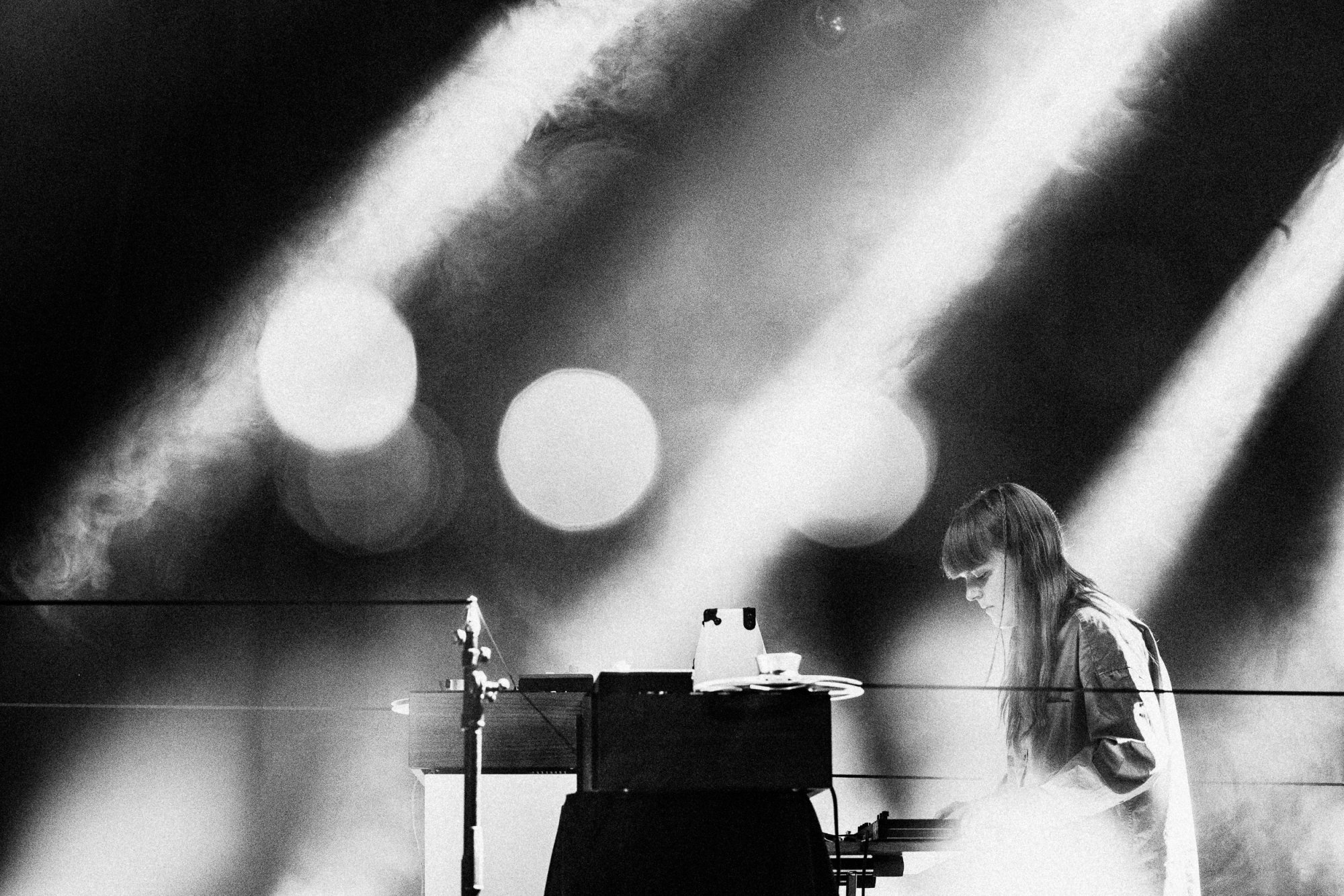Biographie
«Describing the tracks Natasha Pirard makes doesn't do the music any credit. The tools she uses are a mix of analogue synthesis and tape loops combined with acoustic instruments, but it's hard to compare what she creates to anything that already exists. Except for the fact that there are frequencies, volume, lyrics and rhythms involved. Natasha's electro-acoustic sound touches people on a deeper, visceral level that goes beyond categorisation. We're looking forward to presenting more from this talented artist soon.»Â David & Stephen Dewaele Speak to most musicians about their motivations, inspirations and processes and you will, generally, get variations on a similar, broadly consensual, theme. Natasha Pirard is genuinely different. Her interest in sound goes way beyond the superficial and the ephemeral. She is fascinated by how and why sound makes us feel, its political implications, noise pollution and the everyday sounds embedded in our immediate environment. «When we're walking down the street for example,» she explains. «All those sounds and noises that interfere with everything. I'm very sensitive to very loud sounds and noises. I dream about sounds.»Â  Contextually, this makes a lot of sense when confronted with her debut release for DEEWEE, Dream Cycles. A 120-minute exploration of sounds, loops, frequencies and waves, it's an eight-part musical cycle split into 15-minute sections across four cassettes “ which in itself is only governed by the medium holding 15 minutes per side. As the title suggests, the music is influenced by Pirard's interest with the «absurdity and intensity of dreams».  She says: «You can dream the same thing all over again. But a dream is never quite the same “ even though there are some elements that keep coming back like if you keep dreaming about something that happened when you were a child or you have a vivid memory of the time you found a cookie beneath a pile of drawings you did. You can always have this same dream, but something changes every time.»Â  Her music, she believes, reflects this notion of cyclical, rather than linear, time. The eight song cycles are repetitive. They start off basic and functional and build over time. They begin with one sound but soon you hear other sounds. From there you get taken to another point, where you hear something else and so on and so forth. The circle is never-ending.  «You always have this fundamental sound that is going on,» she says. «It's always there. It might be a bit higher or lower than at the beginning. And from there you can go wherever you want to go.»Â  Pirard's curiosity in sound stems from her time studying musicology in Ghent, which in turn was prompted by a musical epiphany she had watching the master of minimalism Steve Reich perform his acclaimed Four Sections in Amsterdam in 2017 («That was the key moment for me. That's when I knew I wanted to do something with music.») However, rather than fixate on the centuries-old classical canon, Pirard's interest “ as per Reich “ was piqued by contemporary experimental music.   It wasn't until the end of her four-year course that she began testing her neophyte sonic ideas, encouraged by all at DEEWEE. The first results of her trials in sound can be found in Dream Cycles. And given the thought processes that underpin her creativity, Pirard, unsurprisingly, says there is no right or wrong way to experience her always-shifting music.  «There is no objective answer,» she confides. «And that's what I like about it. You can think about what you want. You can write what you want. I think it's similar to what Dave and Steph wrote “ it's hard to categorise my music. Why is it called ambient music? Why is it called field recordings, and are field recordings not seen as music? This sense of categorisation and this sense of trying to fit something in that doesn't necessarily want to fit in. I think it's nice to just let music be what it should be.»
Biographie
«Describing the tracks Natasha Pirard makes doesn't do the music any credit. The tools she uses are a mix of analogue synthesis and tape loops combined with acoustic instruments, but it's hard to compare what she creates to anything that already exists. Except for the fact that there are frequencies, volume, lyrics and rhythms involved. Natasha's electro-acoustic sound touches people on a deeper, visceral level that goes beyond categorisation. We're looking forward to presenting more from this talented artist soon.»Â David & Stephen Dewaele Speak to most musicians about their motivations, inspirations and processes and you will, generally, get variations on a similar, broadly consensual, theme. Natasha Pirard is genuinely different. Her interest in sound goes way beyond the superficial and the ephemeral. She is fascinated by how and why sound makes us feel, its political implications, noise pollution and the everyday sounds embedded in our immediate environment. «When we're walking down the street for example,» she explains. «All those sounds and noises that interfere with everything. I'm very sensitive to very loud sounds and noises. I dream about sounds.»Â  Contextually, this makes a lot of sense when confronted with her debut release for DEEWEE, Dream Cycles. A 120-minute exploration of sounds, loops, frequencies and waves, it's an eight-part musical cycle split into 15-minute sections across four cassettes “ which in itself is only governed by the medium holding 15 minutes per side. As the title suggests, the music is influenced by Pirard's interest with the «absurdity and intensity of dreams».  She says: «You can dream the same thing all over again. But a dream is never quite the same “ even though there are some elements that keep coming back like if you keep dreaming about something that happened when you were a child or you have a vivid memory of the time you found a cookie beneath a pile of drawings you did. You can always have this same dream, but something changes every time.»Â  Her music, she believes, reflects this notion of cyclical, rather than linear, time. The eight song cycles are repetitive. They start off basic and functional and build over time. They begin with one sound but soon you hear other sounds. From there you get taken to another point, where you hear something else and so on and so forth. The circle is never-ending.  «You always have this fundamental sound that is going on,» she says. «It's always there. It might be a bit higher or lower than at the beginning. And from there you can go wherever you want to go.»Â  Pirard's curiosity in sound stems from her time studying musicology in Ghent, which in turn was prompted by a musical epiphany she had watching the master of minimalism Steve Reich perform his acclaimed Four Sections in Amsterdam in 2017 («That was the key moment for me. That's when I knew I wanted to do something with music.») However, rather than fixate on the centuries-old classical canon, Pirard's interest “ as per Reich “ was piqued by contemporary experimental music.   It wasn't until the end of her four-year course that she began testing her neophyte sonic ideas, encouraged by all at DEEWEE. The first results of her trials in sound can be found in Dream Cycles. And given the thought processes that underpin her creativity, Pirard, unsurprisingly, says there is no right or wrong way to experience her always-shifting music.  «There is no objective answer,» she confides. «And that's what I like about it. You can think about what you want. You can write what you want. I think it's similar to what Dave and Steph wrote “ it's hard to categorise my music. Why is it called ambient music? Why is it called field recordings, and are field recordings not seen as music? This sense of categorisation and this sense of trying to fit something in that doesn't necessarily want to fit in. I think it's nice to just let music be what it should be.»




